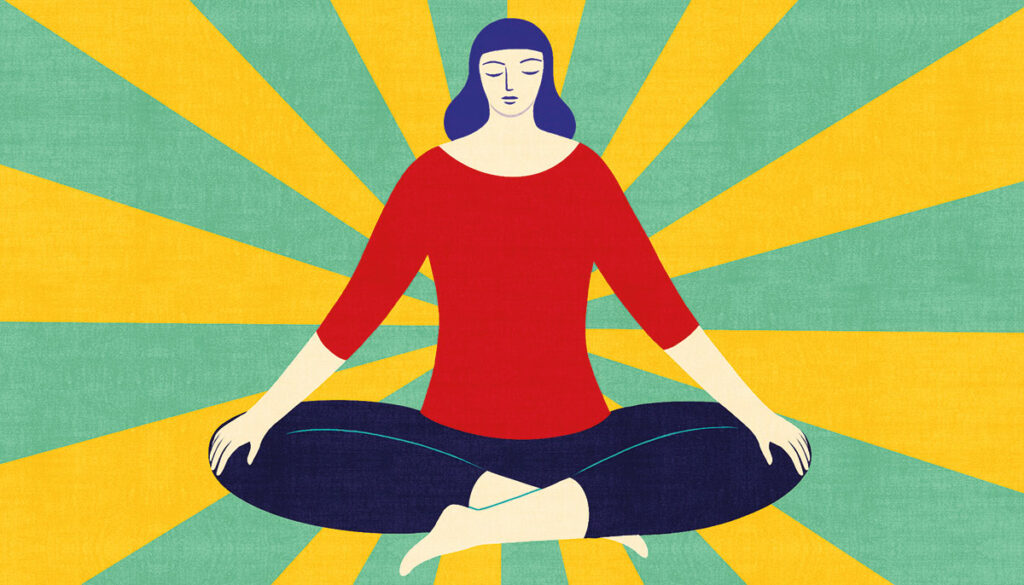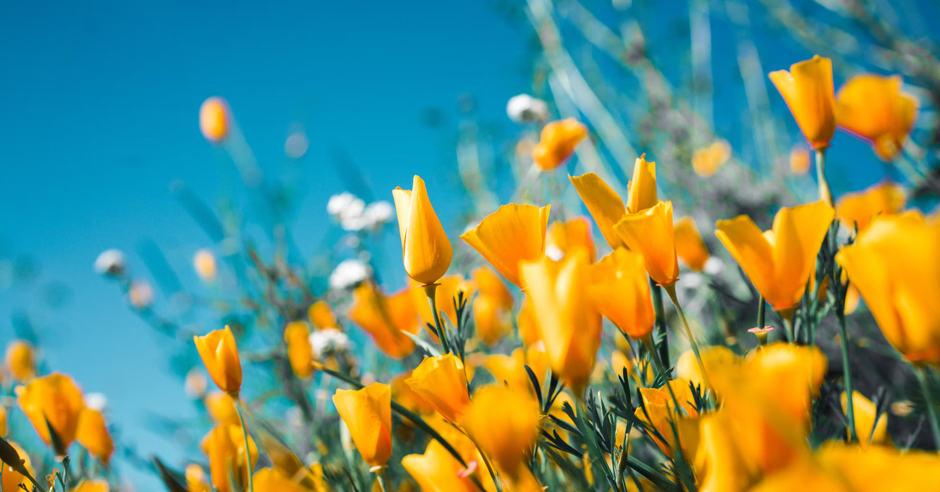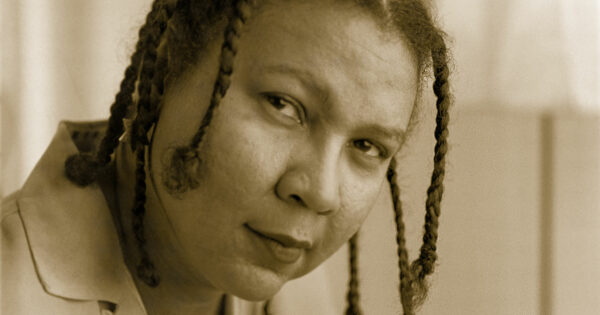Crimson Tide Uncovers The Hidden Joy of Basketball
Crediting their success to the Buddhist concept of mudita, the Alabama Crimson Tide men's basketball team is headed to the Final Four for the first time. The post Crimson Tide Uncovers The Hidden Joy of Basketball appeared first on...

The Buddhist concept of mudita — sympathetic joy, or taking delight in the success of others — is headed to College Men’s Basketball’s Final Four.
The Alabama Crimson Tide men’s basketball team has taken to the concept, as Chuck Culpepper reports for The Washington Post. The Tide have been doing so well, they’re headed into the Final Four for their first time, and mudita, as emphasized by Buddhaghosa, the Indian Buddhist scholar and author of the important fifth-century text, Visuddhimagga (The Path of Purification) seems to be a real part of why.
The team learned of it while listening to a speech by softball coach Patrick Murphy for inspiration. After Murphy evoked mudita, it “really stuck with us and really changed our season around,” Alabama’s star point guard, Mark Sears said. Murphy, a very successful coach himself, had learned of the word in the book Help the Helper: Building a Culture of Extreme Teamwork, and saw that it captured his own approach.
The team has been talking mudita up in interviews again and again. Sears: “The word ‘mudita,’ having vicarious joy through others’ success, even though you may not be playing to your best . . . and you know, just being joyful for others, that’s really how we got here, and that’s really what brought us to our success.”
Anyone can enjoy mudita’s benefits, and they’re simple to realize. As Christiane Wolf explains, in her Lion’s Roar article, “How to Multiply Joy in Your Life,” it comes down to making space to rejoice in one’s life and to rejoice in the happiness of others.
In Buddhist terminology, mudita is known as one of four brahmaviharas, or immeasurables, or “heavenly abodes” — positive qualities that also include loving-kindness (metta), compassion (karuna), and equanimity (upekkha). These are widely practiced, and can be so helpful to us, even in healing trauma, as Pawan Bareja writes in “4 Ways to Heal Yourself With Love.”
Read more about mudita, loving-kindness, compassion, and equanimity and how to cultivate them:
Loving-Kindness: May All Beings Be Happy
Melvin Escobar teaches metta, a concentration practice to cultivate unconditional goodwill for all. In precarious times like these, it’s a way to listen to our hearts.
The Four Highest Emotions
Ayya Khema on cultivating loving-kindness, compassion, sympathetic joy, and equanimity.
Living in the Divine Abodes
Heaven is nowhere else but right here on this earth, when we live with friendliness, compassion, joy, and equanimity.

Rod Meade Sperry is the editor of Buddhadharma: The Practitioner’s Guide (published by Lion’s Roar), and the book A Beginner’s Guide to Meditation: Practical Advice and Inspiration from Contemporary Buddhist Teachers. He lives in Halifax, Nova Scotia, with his partner and their tiny pup, Sid.

 MikeTyes
MikeTyes 


































.jpg&h=630&w=1200&q=100&v=6e07dc5773&c=1)
